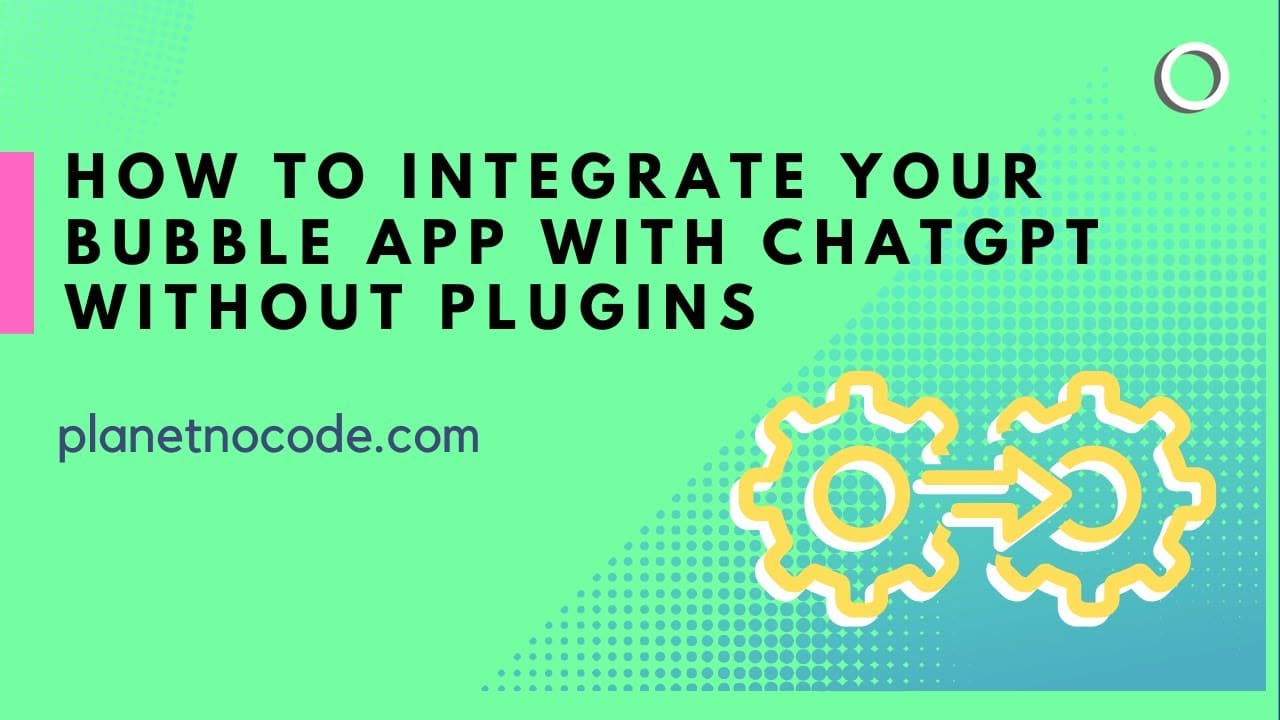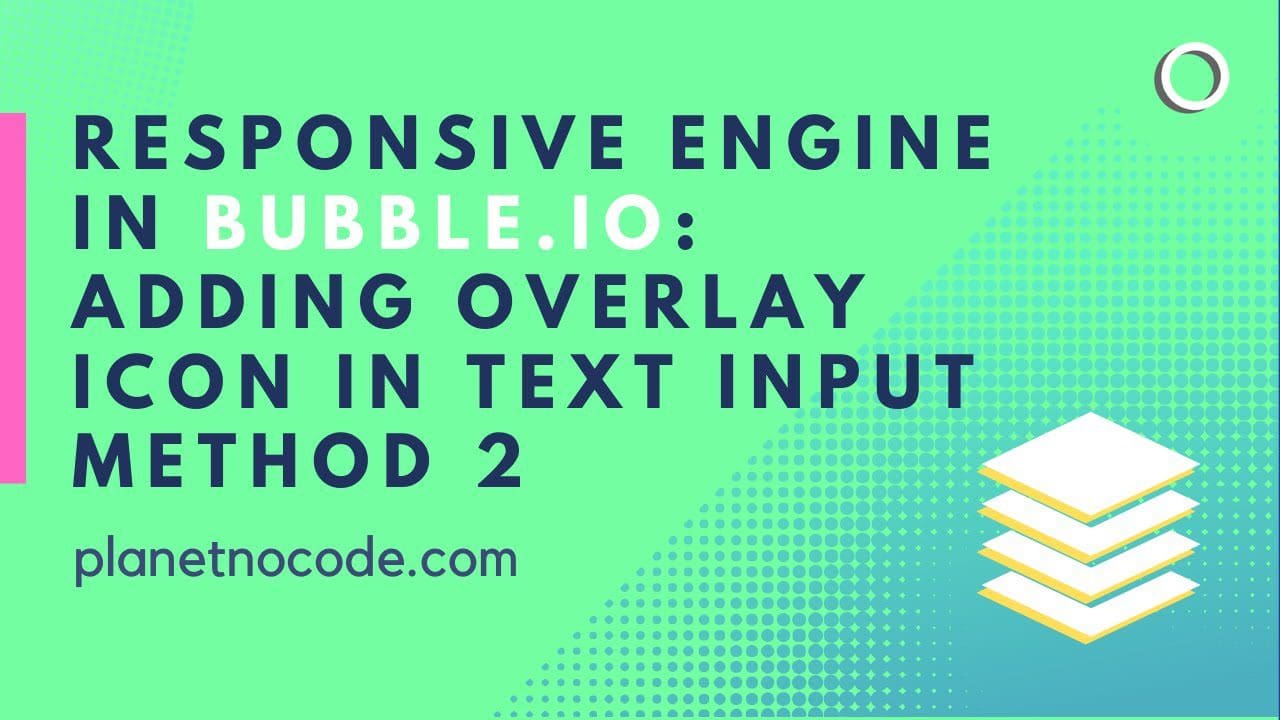Database
Unlock the power of data in your no-code SaaS with Bubble.io's robust data management features, empowering solopreneurs to create dynamic, data-driven applications without writing a single line of code.

2 Ways to Bubble CSV Upload
In this Bubble.io tutorial we'll show you two ways you can upload and import CSV data into your Bubble app.

3 ways to add data to a Repeating Group
Get started with our 3 ways to add data to a repeating group Bubble tutorial. We demonstrate how to make sure that your repeating group is populated with data when the page loads, how to change this data with a workflow and how to update the repeating group list using a conditional statement and custom state.

3 ways to edit calendar events in Bubble.io
In this Bubble.io tutorial video we demonstrate 3 ways you can edit events in Bubble. How to enable modification through dragging, how to enable modification through resizing and how to enable modification using a pop up.

AI Images with Bubble.io using OpenAI DALL-E 3
In this Bubble tutorial we demonstrate how to use the OpenAI DALL-E 3 API to generate AI images in your Bubble app.

Add a calendar to a Bubble.io app
In this Bubble.io tutorial video we show how to add a calendar to your Bubble app. We demonstrate how to create a data type for Events and display these events in Full Calendar by Bubble.

Adding personalized greetings to your Bubble app
Here's how to add personalised greetings to your Bubble app such as Good Morning, Good Afternoon & Good Evening using conditional statements and Current Date/Time.
Explore more of our no code tutorials
Discover more Bubble tutorials
Start building your No Code SaaS with Bubble.io & Planet No Code

Are You Ready for the OpenAI Assistants API Shutdown? Migration Guide
Learn why you NEED to migrate from OpenAI's Assistants API to the Response API in your Bubble.io no-code applications before it's too late! In this comprehensive tutorial, we reveal two critical reasons why this switch is essential for your web app development projects.

The Best Designed ChatGPT Clone in Bubble.io: Build It With No Code!
Learn how to build a ChatGPT Clone in your Bubble.io app using the powerful tools in the Nocodable Component Library! This in-depth tutorial walks you through creating a dynamic, real-time AI chat interface that mimics the engaging experience of ChatGPT.

GPT-4 Chatbot with Bubble - OpenAI chat and text generation
Here is every step needed to create an OpenAI GPT-4 powered chatbot using Bubble the no-code web app development platform. Discover how to use the Bubble API Connector to connect directly to the OpenAI API, how to interpret the OpenAI API documenation and format your messages using the JSON-safe modifier. Watch this video and save yourself hours of API errors.

You don't have to use a plugin to add OpenAI ChatGPT to your Bubble app
You don't have to use a plug in to add the power of ChatGPT to your Bubble site. In fact, you might find that some of the plugins are lacking the full capabilities of the OpenAI API.

Build a no-code AI Question & Answer bot
Learn how to create an AI question and answer app using the Perplexity AI API on Bubble.io without any code in this tutorial video. Master the art of integrating advanced functionalities seamlessly with no-code development.

Responsive Engine: adding overlay icon in text Input V2
In this Bubble tutorial video we explore one way to adding a Font Awesome icon to your text Input fields.

